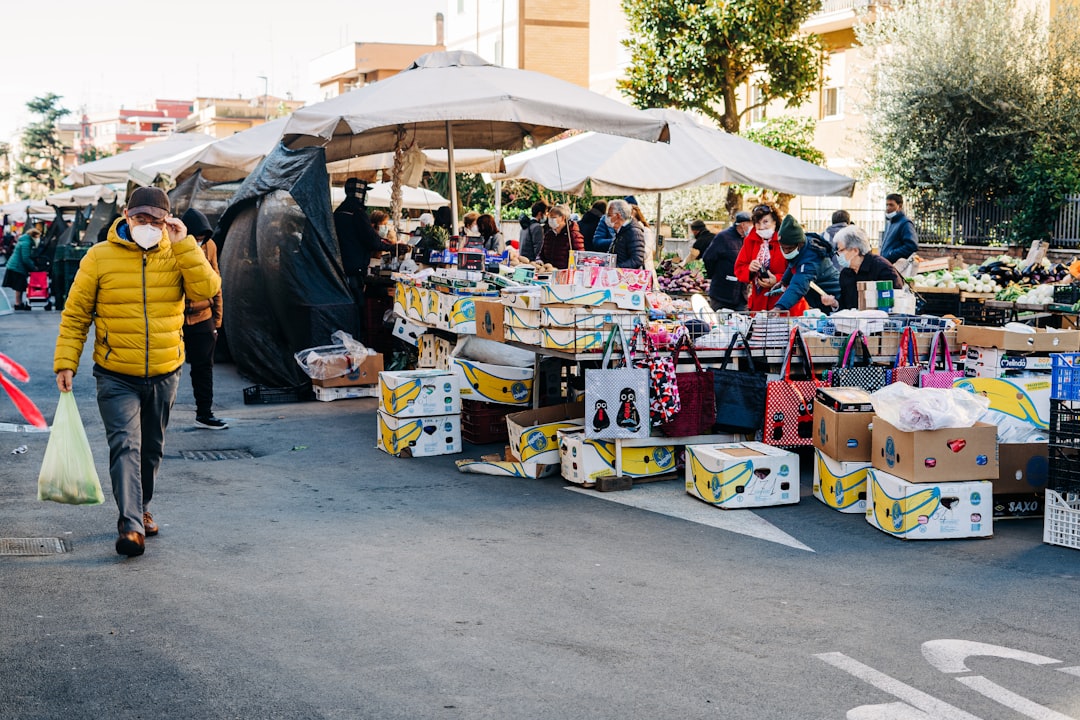What is it about?
The Opuntia cochineal scale insect Dactylopius opuntiae (Cockerell) (Hemiptera: Dactylopiidae) causes severe damage to prickly pear cactus (Opuntia ficus-indica (L.) Miller) in many countries around the world. This scale insect was first detected in Morocco in 2014 in the Sidi Bennour region (120 km north west of Marrakech) (Bouharroud et al. 2016) and has since spread to other regions of the country (Abda, Doukkala, Chaouia, Rhamna, and Youssoufia). D-limonene (60 g/l) and mineral oil (780 g/l) may, therefore, be viable alternatives to others high-risk chemical pesticides to control this menace. These two biological insecticides are effective in controlling the Opuntia cochineal scale insect but have little adverse impact on the predator C. montrouzieri.
Featured Image
Why is it important?
Organophosphate insecticides has been the main strategy for the control of this menace. Alternative management options, including biological control, have been explored to reduce the use of these insecticides
Perspectives
Many different factors could affect the establishment of predators under field conditions. These factors include other predators present; pesticides used; intraguild predation; temperature and other ecological factors; and the method of release. These factors must all be considered if researchers and farmers are to achieve the balance between populations of beneficial and harmful insects that they aspire to in today’s field conditions.
Dr mohamed EL AALAOUI
University Hassan I Settat, Morocco.
Read the Original
This page is a summary of: Comparative toxicity of different chemical and biological insecticides against the scale insect Dactylopius opuntiae and their side effects on the predator Cryptolaemus montrouzieri, Archives of Phytopathology and Plant Protection, March 2019, Taylor & Francis,
DOI: 10.1080/03235408.2019.1589909.
You can read the full text:
Contributors
The following have contributed to this page










